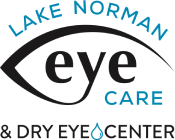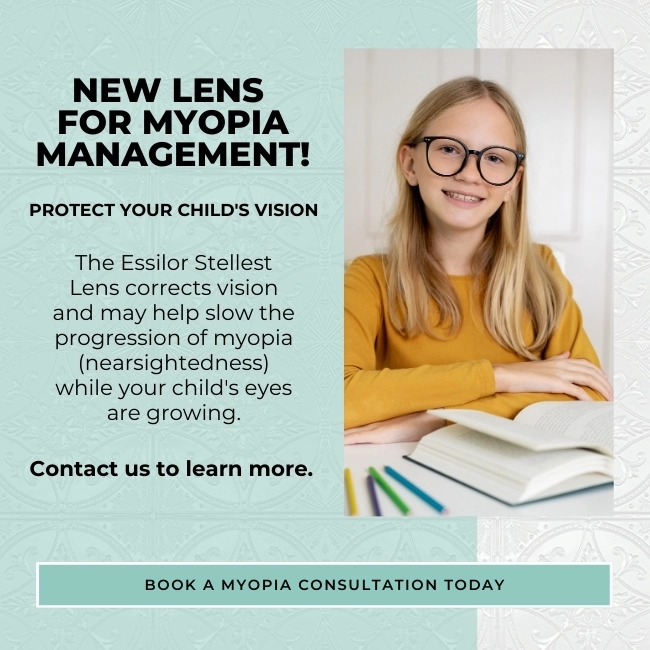It might sound confusing: if your eyes are dry, why are they watering all the time?
This is one of the most common questions we hear from patients—and the answer lies in understanding how the eye’s tear system works. Let’s break it down.
The Tear Film: A Delicate Balance
Your eyes need a healthy tear film to stay comfortable, clear, and protected. This tear film is made of three layers:
- Oil layer (lipid): Prevents tears from evaporating too quickly.
- Water layer (aqueous): Provides moisture and nutrients.
- Mucus layer: Helps spread tears evenly across the eye surface.
When this balance is disrupted, tears evaporate too quickly, and the surface of your eye becomes dry and irritated.
Why Dry Eyes Lead to Excess Tearing
Think about the watering you get when you peel an onion. When it senses trouble—like dryness or irritation—it tries to protect itself. So your tear glands respond with reflex tearing. This is your body’s emergency reaction: it floods the eye with a large amount of watery tears in an attempt to soothe the irritation.
However, these reflex tears are mostly water. They don’t contain the healthy mix of oil and mucus needed to stay on the surface and provide lasting moisture. So the tears may:
- Spill over onto your cheeks,
- Fail to hydrate the eye effectively,
- And leave you right back where you started—dry and irritated.
- Other Symptoms of Dry Eye Disease
- Along with watering, dry eye sufferers may also experience:
- Burning or stinging
- Gritty or sandy sensation
- Blurred or fluctuating vision
- Sensitivity to light
- Eye fatigue or redness
- What Causes Dry Eyes?
- Several factors can contribute to dry eye syndrome:
- Aging (especially post-menopause)
- Screen time and reduced blinking
- Contact lens use
- Certain medications (like antihistamines or antidepressants)
- Environmental factors (wind, smoke, dry air)
- Underlying health conditions like rosacea, blepharitis, or autoimmune diseases
What Can You Do About It?
If your eyes are watering frequently, don’t assume it’s allergies or tiredness—it could be a sign of chronic dry eye disease. The good news is, treatment options are available and customizable to your specific cause.
Some common therapies include:
- Artificial tears (lubricating drops)
- Prescription anti-inflammatory drops
- Omega-3 supplements
- Punctal plugs (to keep tears on the eye longer)
- In-office treatments like LipiFlow, IPL (Intense Pulsed Light), or BlephEx to treat clogged oil glands
Final Thoughts
Watery eyes from dryness may seem counterintuitive, but it’s a sign that your eyes are in distress and trying to help themselves. Understanding the “why” behind it is the first step toward long-term relief.
If you suspect you’re dealing with dry eye syndrome, a comprehensive eye exam can pinpoint the root cause and guide you to the best treatment.
Your eyes shouldn’t have to work this hard to stay comfortable.
Want to learn more or book a dry eye evaluation? Contact our team at Lake Norman Eye Care in Mooresville, NC—Dr. Angela Harris and Dr. Mason Williams are here to help your eyes feel their best every day.
704-799-2233
Visit us at 197 Medical Park Rd Suite 101, Mooresville, NC 28117
See clearly. Live confidently. Trust your eyes to Lake Norman Eye Care.
— Dr. Mason Williams & Dr. Angela Harris



